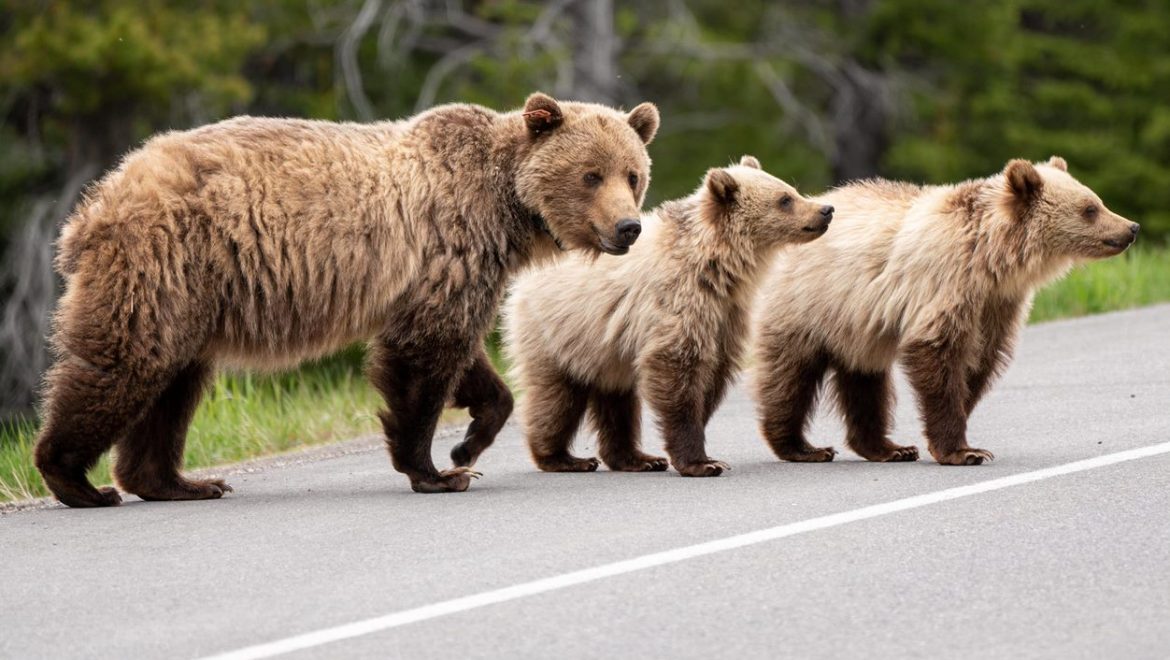Learn about wildlife through quiet observation. Do not disturb wildlife or plants just to have a “better look.” Always observe wildlife from a distance so they are not scared or forced to flee. Large groups often cause more damage to the environment and can disturb wildlife so keep your group small. If you have a larger group, divide into smaller groups if possible, to minimize your impacts.

Sick or wounded animals can bite, peck or scratch and send you to the hospital with a serious injury or disease. Young animals removed or touched by folks with good intentions may cause the animal’s parents to abandon them. If you find animals sick or in trouble, you should notify a wildlife warden, land manager or other official.
In nature, animals are in their home and you are a visitor. Considerate campers observe wildlife from afar, give animals space, store food securely and keep garbage and food scraps away from animals. They keep food, scraps, toiletry cases and other perfumed products in their vehicle, in a cache installed by the land manager or in an animal-proof container that they have brought along. Animals fed by humans may become a nuisance and could be killed by cars, dogs or predators when they are no longer protected by their natural habitat. The chances of survival are greatly reduced when officials have to capture and displace a bear or another animal.

Wastewater and human waste disposal must be done carefully so the environment is not polluted, and animals and aquatic life are not disturbed. Swimming in lakes or streams is okay in most instances, but it’s important not to prevent animals from drinking in them. Since water is scarce during dry periods or in arid zones, efforts must be made not to disturb animals who depend on these water sources for their survival.
Previous Principle
Next Principle


